
Culture
13:33, 28-Oct-2018
Portrait photographer captures human's most emotional image
Updated
13:34, 31-Oct-2018
CGTN
04:13
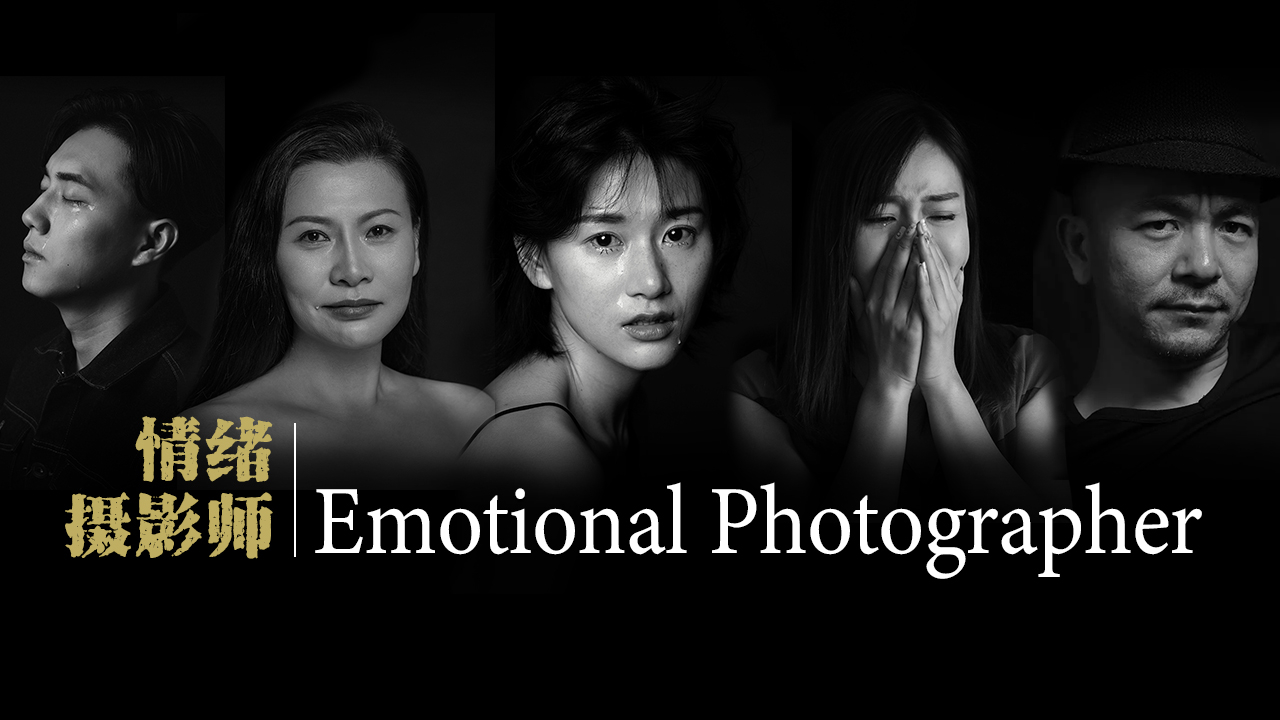
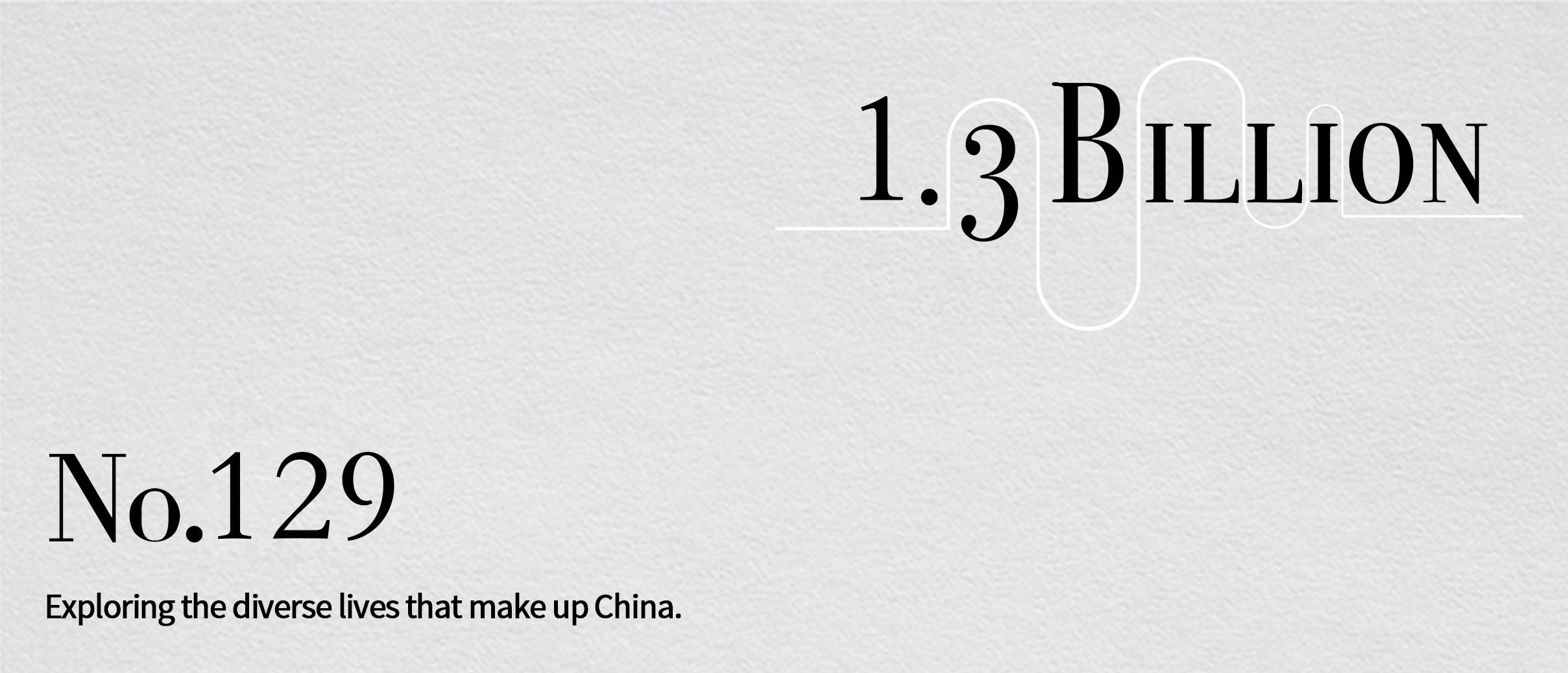
/CGTN
/CGTN
Starting as a commercial photographer, Wang Rong, the "emotion photographer," has been in the business for eight years.
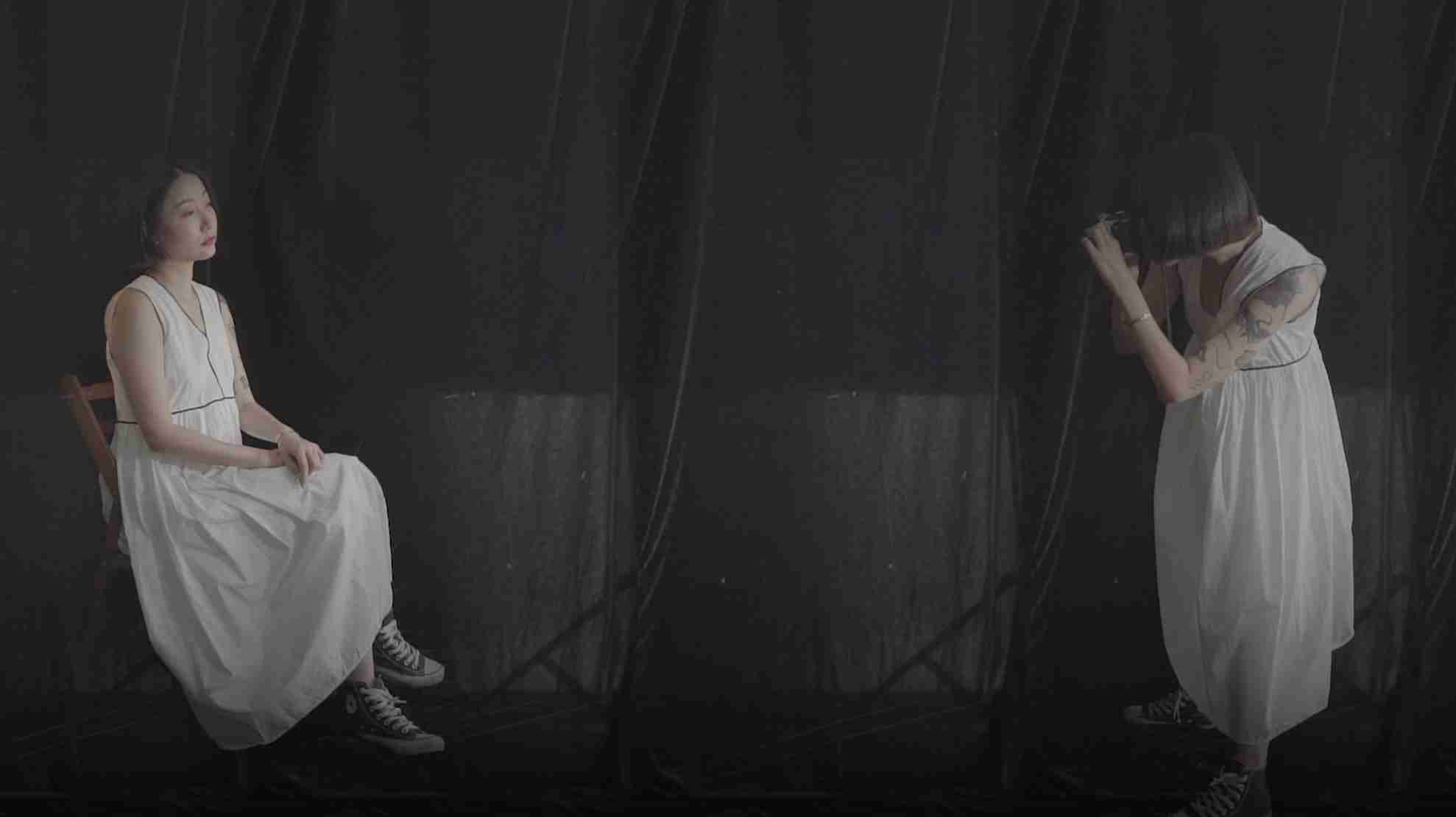
Wang Rong's artwork /CGTN photo
Wang Rong's artwork /CGTN photo
"Not until recent years, did the concept of portrait photography become popular in China. People thought that it was no more than taking photos, as they couldn't tell the difference between portrait and commercial studio photography."
Wang Rong didn't get much happiness from her commercial photos. "I was just a technician who had to fulfill the customers' demands. There wasn't much of my own except that I was to present them," she said. "I tried to do it like those portrait photographers that I admire. Their works are so lively that they prompt you to imagine the past experience of the subject and their life at present."
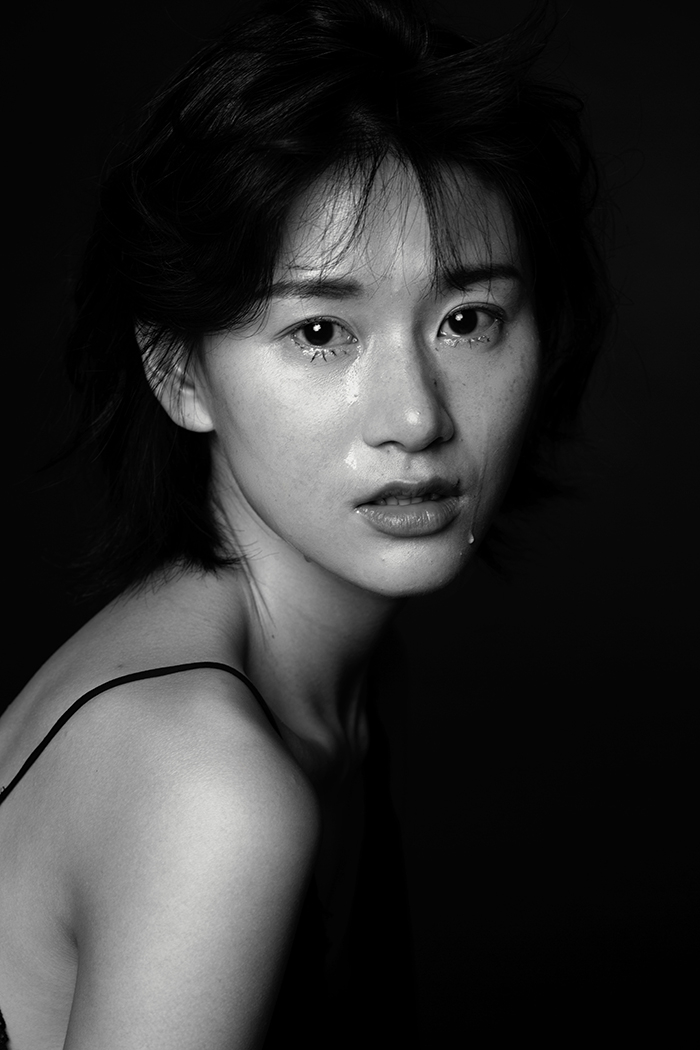
Wang Rong's work /Photo courtesy of Wang Rong
Wang Rong's work /Photo courtesy of Wang Rong
She used to observe the portraits of the deceased in graveyards. If a person's life is to be eventually condensed into just one photo, it has to faithfully and genuinely reflect their whole life experience. Bearing that in mind, she began to focus on emotion portraits.
The minute the customers step into Wang Rong's studio, they have to be prepared to fully expose themselves. During the process, Wang Rong listens to her customers and captures their emotion. "I make conversations to get to know about them. Not really on what they do for a living. I care more about the way they say things rather than what they say," she explained. "I'm there as an observer, a companion."
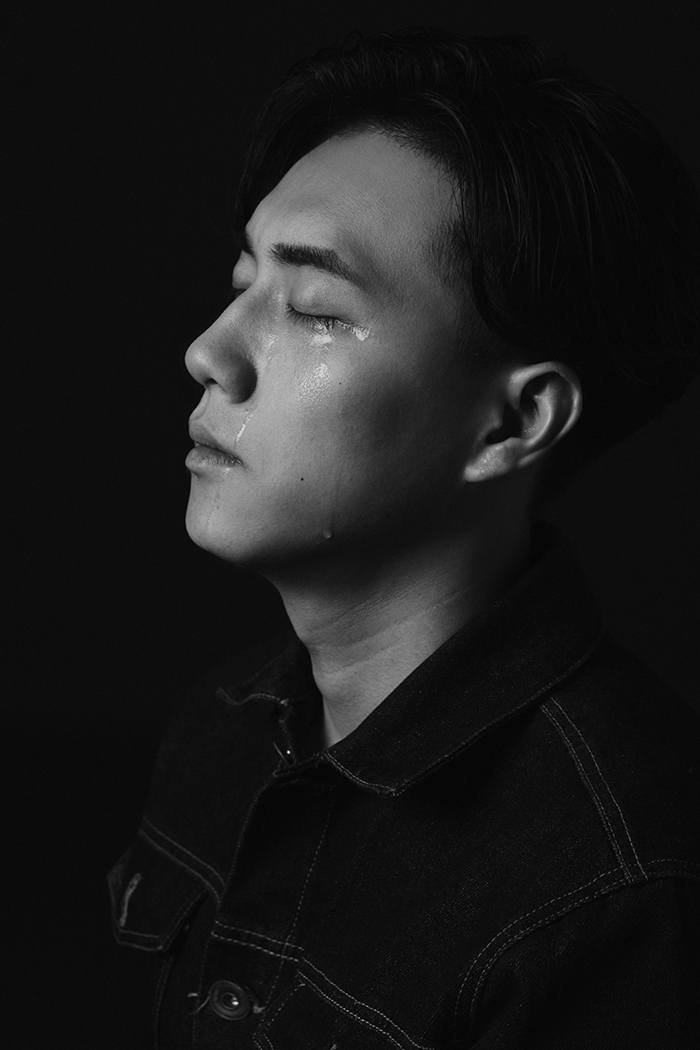
Wang Rong's work /Photo courtesy of Wang Rong
Wang Rong's work /Photo courtesy of Wang Rong
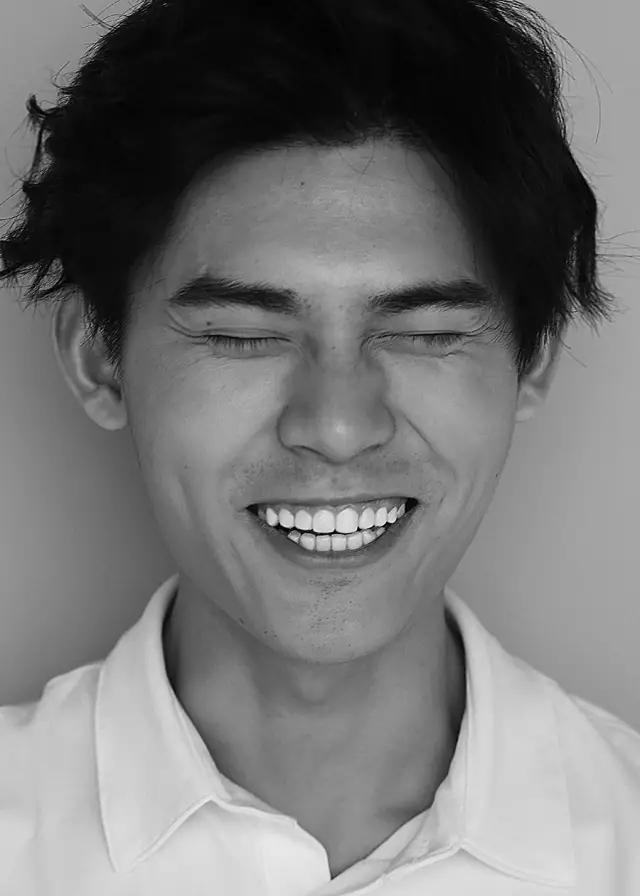
Wang Rong's work /Photo courtesy of Wang Rong
Wang Rong's work /Photo courtesy of Wang Rong
Many people who came with a smile end up crying before the camera. Yet Wang doesn't do it on purpose: "I think it's because they feel safe here. They trusted you at the time. I don't judge, even if it was something they felt ashamed of. It's not for me to criticize or to pick a side."
Though none of the faces are the same, Wang Rong sees something in common in the customers' emotions. "Sadness is universal. No matter what great success they've achieved, they may still care about small things." Sitting in front of her was the manager of a start-up company who was facing the dilemma in a relationship or the head of a financial enterprise, who was overwhelmed by the death of a pet dog. These seemingly trivial stories in Wang Rong's career make her own understanding of people.

Wang Rong's work /Photo courtesy of Wang Rong
Wang Rong's work /Photo courtesy of Wang Rong
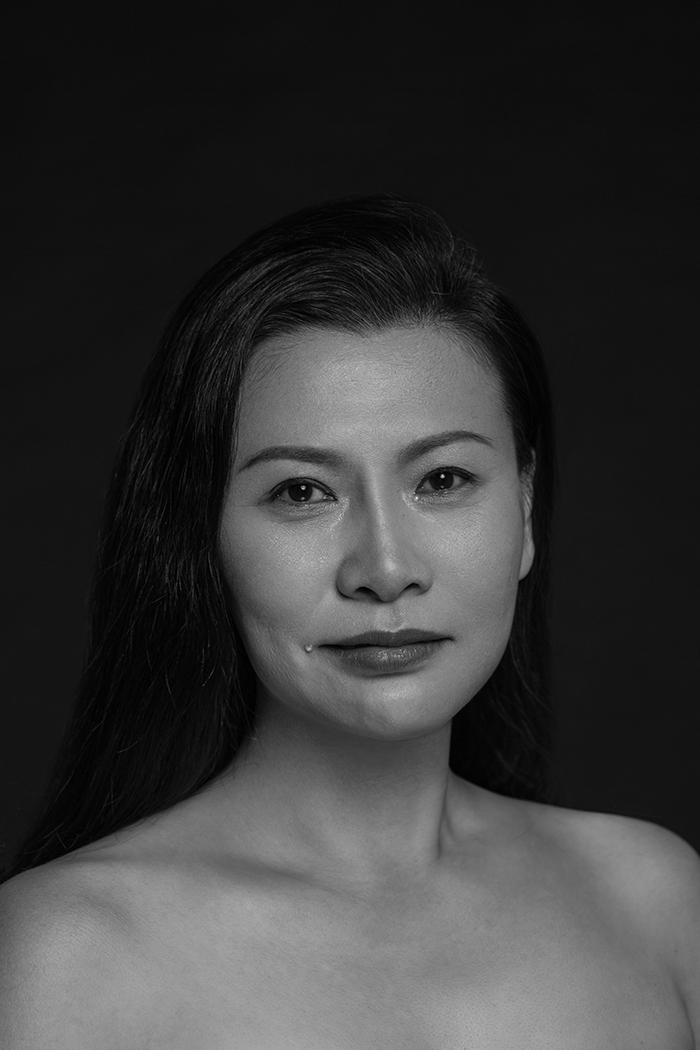
Wang Rong's work /Photo courtesy of Wang Rong
Wang Rong's work /Photo courtesy of Wang Rong
In Wang Rong's eyes, reality and sincerity are what make the portrait beautiful, whether they are revealed from their happiness or sadness. People tend to avoid their negative emotions, only to keep the happy moments. "Although sadness is not to be neglected," she said.
As bearing other people's emotions is very consuming, Wang only works for 10 customers per month. Most of the stress she could digest in time, but she couldn't detach from the encounter with one of the special customers.
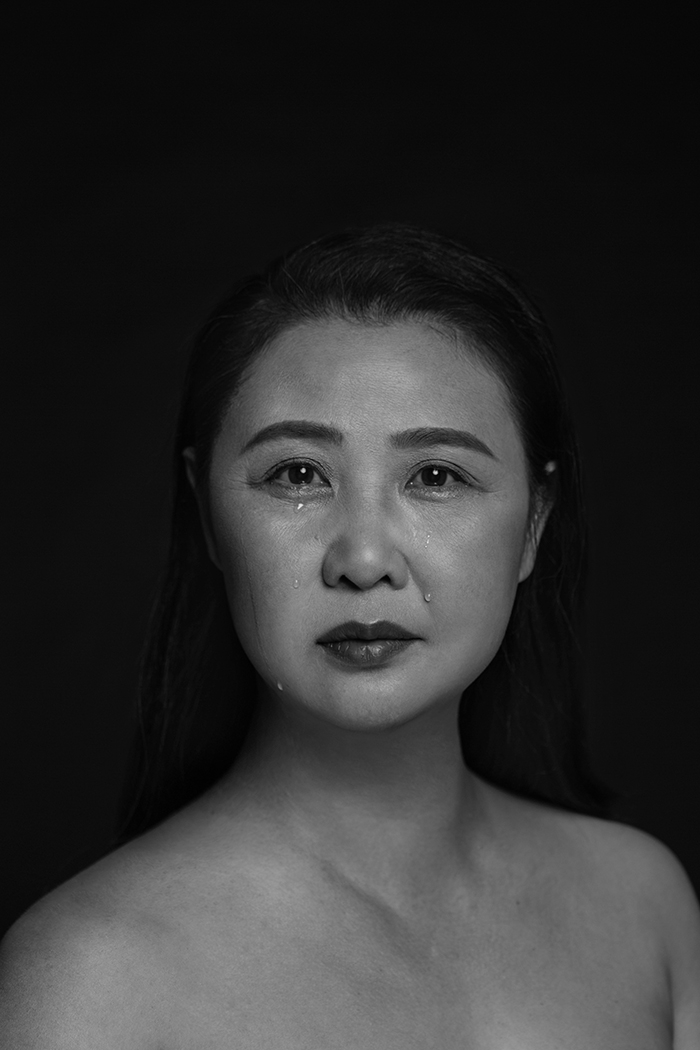
Wang Rong's work /Photo courtesy of Wang Rong
Wang Rong's work /Photo courtesy of Wang Rong
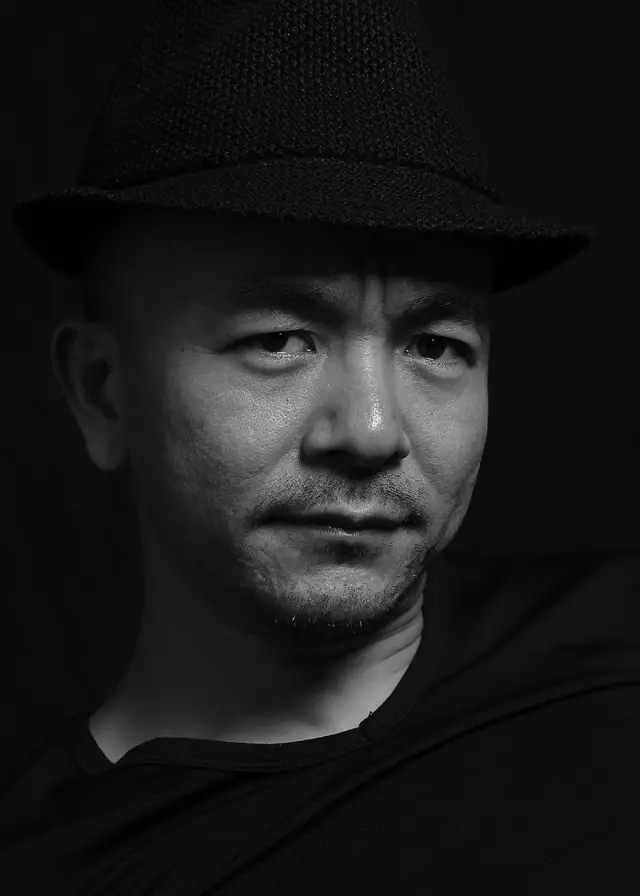
Wang Rong's work /Photo courtesy of Wang Rong
Wang Rong's work /Photo courtesy of Wang Rong
"I saw that she wasn't in a bad mood when she came in. Only I did feel she had something hidden behind her liveliness." Then the customer took off the wig and told Wang Rong that she had breast cancer. "She might saw the look on my face and began to comfort me instead, saying that she would get well and come back again," said Wang Rong. "She showed me the scar, saying that I may take photos of it if I want to, even put them in my exhibitions."
Although Wang Rong felt the kindness too heavy to bear: "Because there was nothing I could do for her."
In some cases, Wang Rong's photos did bring changes to the customers' life. A woman in her fifties hadn't taken any photo or looked into the mirror for decades, because of facial paralysis in a car accident. She came to Wang Rong before settling down in the United States, looking for a portrait to memorize the moment.
"We took a long time that day. I wasn't capable of working miracles on her face, but we did talk a lot, and her facial expression was totally relaxed." After receiving the photo, the customer told Wang Rong that it was the most natural one she'd ever had, and that she's happy now looking at herself in the mirror.
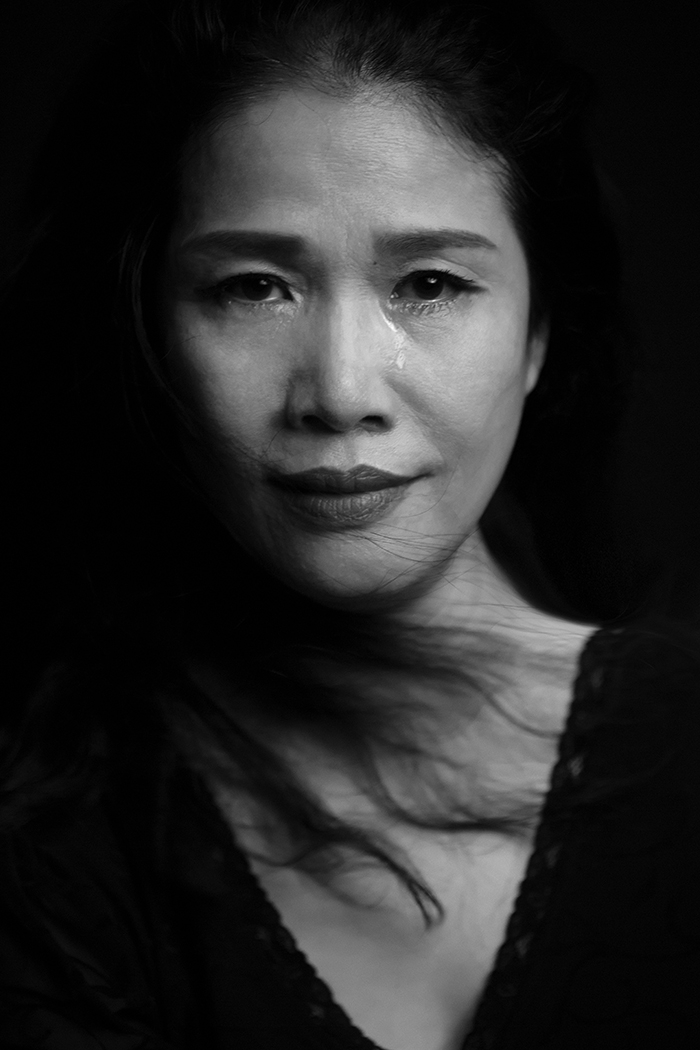
Wang Rong's work /Photo courtesy of Wang Rong
Wang Rong's work /Photo courtesy of Wang Rong
"Taking photos is a mutual interference between two individuals, while pressing the shutter is just an inevitable part of the process." Perhaps, the essence of Wang Rong's job lies in the title of her exhibition in 2017: "Unveiling". Everybody has another side. Unveiling humanity, as well as feeling the inner power of the subject, might be Big Wang's most precious abilities as a portrait photographer.
Director:Chen Xiao
Editor:Zheng Zhihua, Gao Xingzi
Filmed by: Wang Hengle
Designer:Qu Bo
Article Written by: Zhu Siqi
Copy Editor: Melissa Chua, Charlotte Bates
Producer:Wen Yaru
Chief Editor: Zhou Zongxin, Zhao Jianfu
Supervisor:Pang Xinhua

The story is one in The 1.3 Billion series exploring the diverse lives that make up China.
The story is one in The 1.3 Billion series exploring the diverse lives that make up China.

SITEMAP
Copyright © 2018 CGTN. Beijing ICP prepared NO.16065310-3
Copyright © 2018 CGTN. Beijing ICP prepared NO.16065310-3